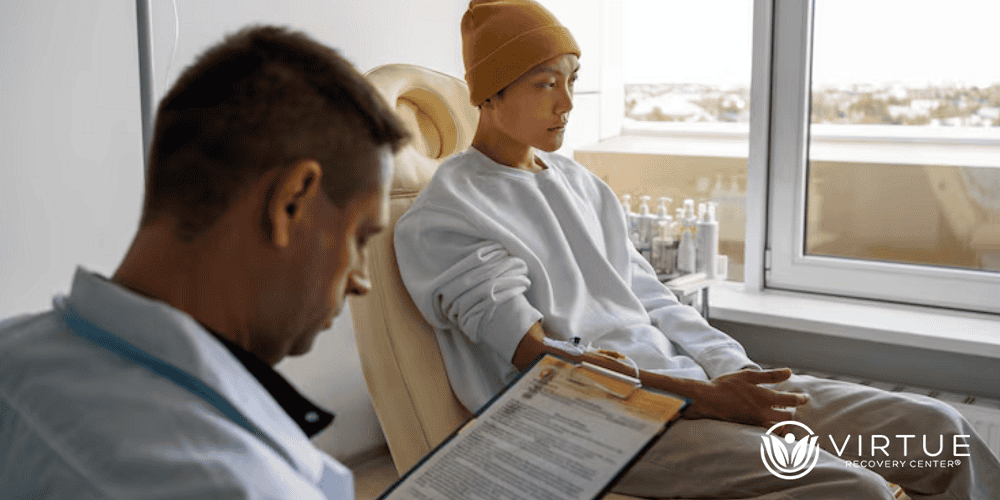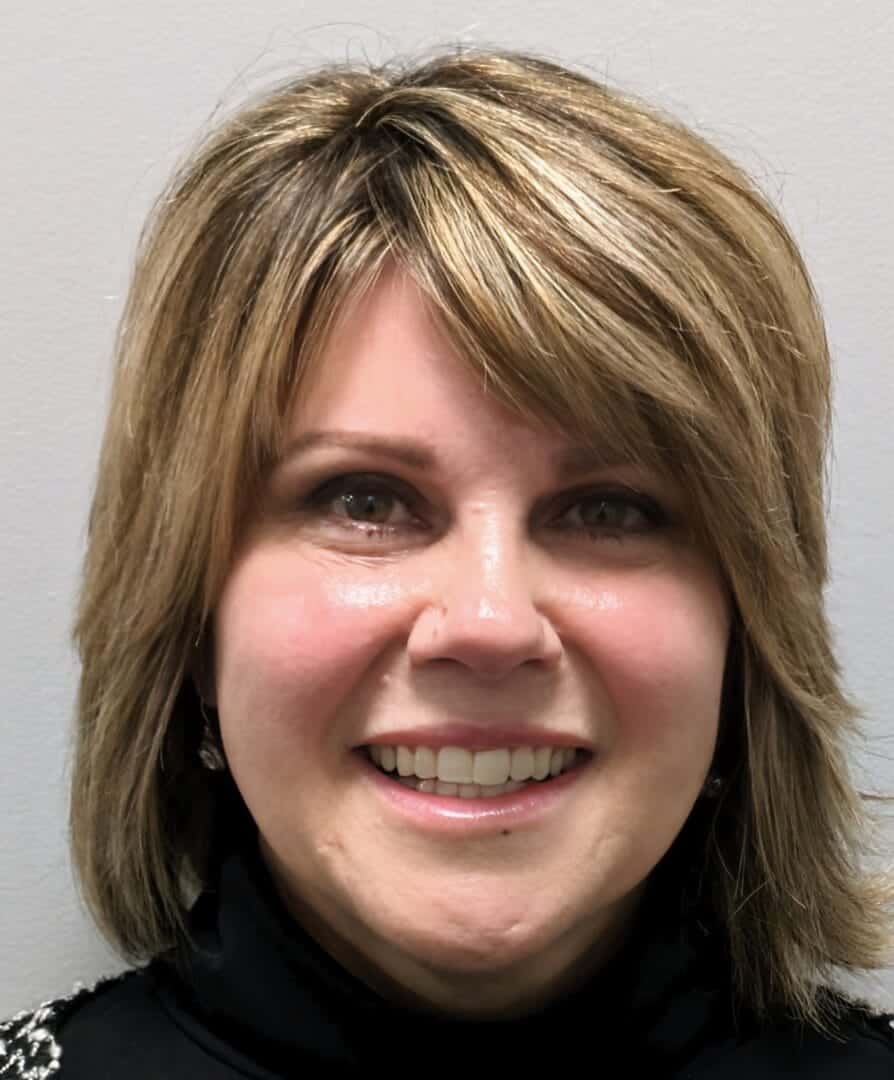Key Takeaways
- Integrated care is important: People who have been through trauma and are on Suboxone typically need to deal with both depression and drug addiction at the same time to get better.
- Arizona has skilled, easy-to-reach help: There are trusted depression treatment centers in Arizona that offer programs for people dealing with trauma and opioid-related issues.
- There are specific programs available in your area. Look at rehabilitation institutions in Chandler, AZ, that offer programs such as the PTSD Treatment Program and the Mental Health Services program.
- Be careful with medications: Suboxone can help treat opioid dependence, but trauma survivors need safe, trauma-informed methods.
Introduction
People who are dealing with both depression and opioid use need to find hope and safety in the middle of chaos, especially if they have been through trauma. This is where Arizona’s depression treatment centers in Arizona may be beneficial on the road to recovery by providing trauma-informed support, a sense of community, and clinically proven treatments. Arizona has slowly made it easier for those with co-occurring disorders to get complete care. These institutions offer safe ways for trauma survivors on Suboxone to get their lives back on track by combining mental health and substance use therapies like therapy, counseling, and medication-assisted treatment.How Might Trauma-Informed Care Assist Individuals on Suboxone?
People who have been through trauma frequently have profound emotional wounds that are connected to drug use and despair. Using Suboxone alone, without dealing with underlying trauma or mental health issues, can cause progress to stop or even go backwards. According to the National Institute of Mental Health, depression is one of the most prevalent mental health problems that people with substance use disorders also have. Trauma-informed psychotherapy and safe medication management work together to help people heal and stay stable over time. Rehabilitation centers in Chandler, AZ, with programs like the Mental Health Services program, which focuses on mood disorders and therapeutic care, as well as trauma-specific therapies that are in line with Suboxone recovery.
Why Should You Go To Arizona Centers That Specialize In Dual Diagnosis?
People who have both depression and a substance use disorder, especially one that involves opioids, have a unique and challenging problem. Treating each disease separately generally doesn’t work, but Arizona’s depression treatment clinics are starting to use dual-diagnosis care models that mix therapy and medication. The Centers for Disease Control and Prevention says that bad things that happen to kids make them more likely to become addicted or depressed later in life. Integrated treatment is even more critical for survivors who use Suboxone because it makes sure that the care plan meets both their trauma history and opioid recovery needs.What Tools Can Help You Get The Correct Aid?
Learning and making smart choices are the first steps in recovery. Survivors and their families can make safe, informed choices about Suboxone treatment by reading resources like “Understanding Suboxone: A Path to Hope and Healing”, which explains the pros and cons of the drug. Chandler’s PTSD Treatment Program and other local organizations give help that is specific to trauma. State-certified providers make sure that medication administration is done correctly. Universities also have a part to play. For example, the University of Arizona Department of Psychiatry distributes resources for people with complex depression, many of which also apply to trauma and addiction.How Do Programs In Chandler Help People Recover Wholly?
Chandler offers trauma-informed care, dual-diagnosis therapies, and programs that consider each person’s unique emotional background. Their specialized therapies attempt to lower the risk of relapse and provide a safe space for people who have survived using Suboxone. These institutions offer a full recovery path because they have experts in treating depression, trauma, and addiction, all working together. Survivors get treatment, help with their medications, and family engagement, all of which have been shown to help them in the long run.
Conclusion
The path to healing is rarely straight, especially for people who have been through trauma and are dealing with depression and opiate addiction. But depression treatment centers in Arizona offer important safe paths, especially when they use Suboxone as part of trauma-informed mental health care. Chandler offers local programs and reputable resources from colleges and public health organizations that can provide hope to those seeking support. You don’t have to go down this road by yourself. Get in touch now. Virtue Recovery Chandler is here to help you. Call Virtue Recovery Chandler at Tel: +866-338-5779.How are Depression Treatment Centers in Arizona Addressing Both Trauma and Gabapentin Challenges?
Depression treatment centers in Arizona are tailoring their approaches to meet the complex needs of patients grappling with trauma and gabapentin challenges. By integrating therapy, medication management, and holistic practices, they provide effective depression treatment options for gabapentin struggles, fostering recovery and resilience in individuals seeking healing from both issues.
Frequently Asked Questions
What does trauma-informed treatment mean for someone who is on Suboxone?
It entails making a treatment plan that doesn’t cause more trauma, includes therapy, and finds a balance between medication use and mental health needs.Is there a link between depression and using opioids?
Yes. The National Institute of Mental Health says that depression and opioid use disorders often happen at the same time, which is why integrated therapy is so important.Why are bad experiences in childhood crucial for recovering from addiction?
These are highly linked to addiction and depression later in life, which illustrates how important it is to get trauma-informed help.Is it possible for me to get trauma-specific treatment in Chandler, AZ?
Yes. The PTSD Treatment Program in Chandler and other programs like it help people recover from trauma while also getting help for their mental health and substance use.What do universities do to help people with severe depression?
The University of Arizona’s Department of Psychiatry, etc, has tools for those with severe depression. These services are based on research and help people who have been through trauma.Citations
-
- National Institute of Mental Health. “Depression.” NIMH, n.d., https://www.nimh.nih.gov/health/topics/depression
-
- Centers for Disease Control and Prevention. “About Adverse Childhood Experiences (ACEs).” CDC, 2024, https://www.cdc.gov/aces/about/index.html
-
- University of Arizona, Department of Psychiatry. “Difficult to Treat Depression Resources.” University of Arizona College of Medicine, 2025, https://psychiatry.arizona.edu/DTDresouces








